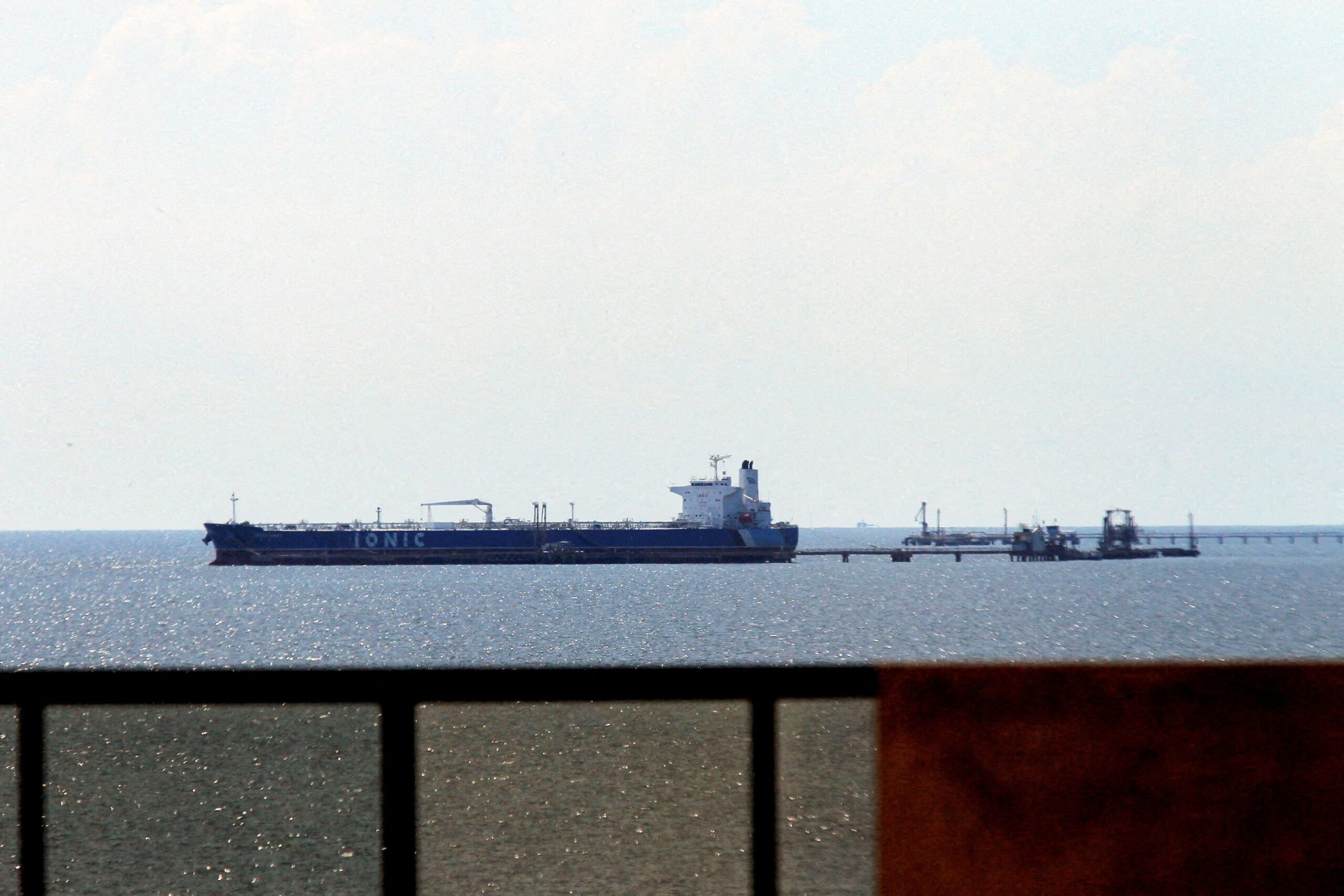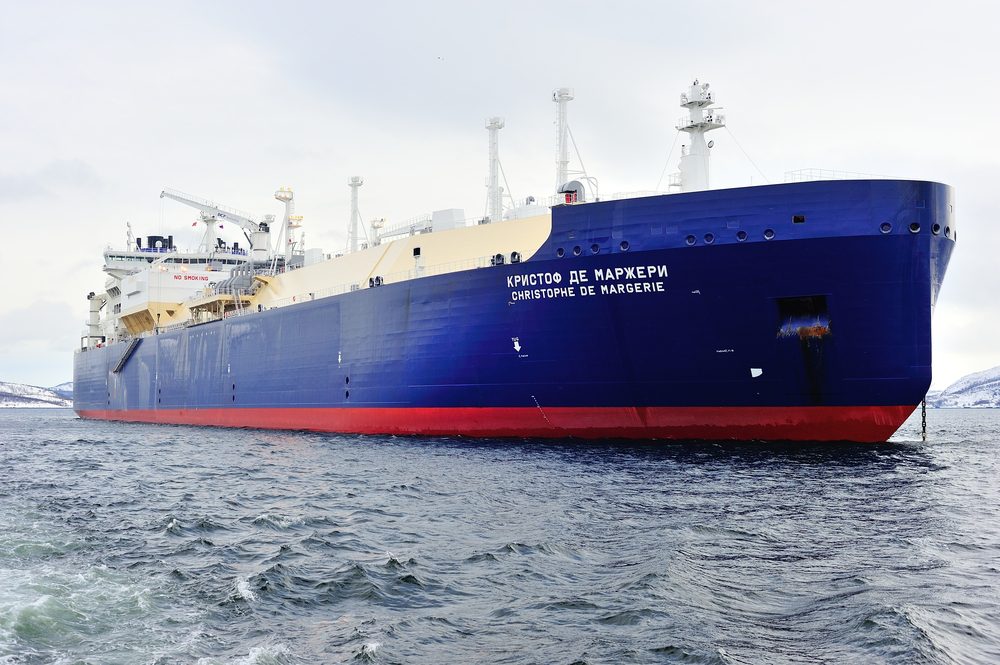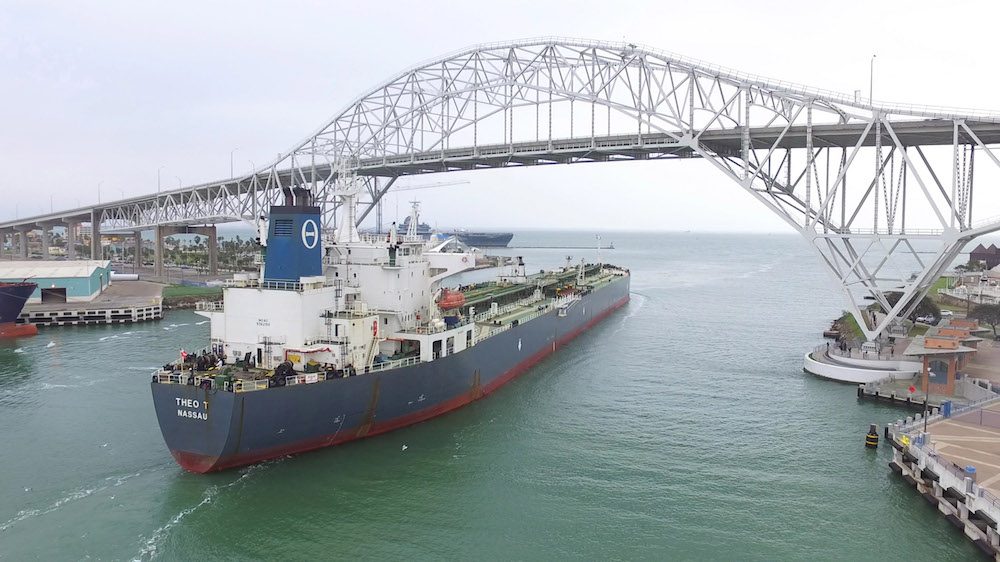By Ira Breskin
Shenzhen-based BYD is chartering the first Chinese-built and owned ships to deliver its electric vehicles (EVs) to export markets. With BYD’s recent employment of a locally-made Pure Car and Truck carrier, Chinese-controlled vessels now address every ship category.
BYD, one of the world’s largest EV producers and exporters, launched BYD Explorer No. 1 earlier this year to deliver company-made vehicles to export markets. BYD jockeys with Tesla for the world’s top EV producer spot. BYD Explorer No. 1 can carry as many as 7,000 cars.
BYD’s initial entry into the 7000-plus car carrier vessel market, while modest, is a significant strategic move and marks the beginning of a “sea change” in the waterborne delivery of Chinese-built vehicles to export markets. Chinese vehicle manufacturers, the world’s biggest exporters, prefer employing Chinese vessels to deliver their cargo.
LNG-powered BYD Explorer No. 1 is the first of five vessels BYD has ordered; it has options to lease two additional new builds. The Chinese government subsidizes the construction of each BYD Pure Car and Truck Carrier, which costs about $700 million. CIMC Raffles, a subsidiary of state-owned China International Marine Containers, built BYD Explorer No. 1 for Zodiac Maritime, the lessor.
“As the first of the massive fleet that BYD is building, it (BYD Explorer No. 1) reflects the company’s ambition to establish a seafaring business that supports its new role in the global car trade,” MIT Technology Review reported earlier this year.
PCTCs carry small vehicles. They are a subset of the Roll-on/Roll-off vessel fleet that transports larger cars, trucks, and other wheeled units. These include construction equipment (dump trucks, backhoes), farm machinery, and military hardware.
In addition to deploying new company-controlled PCTC tonnage, BYD earlier this year announced plans to charter space on seven foreign-owned ships to deliver vehicles to export markets. Prior to the introduction of BYD Explorer No. 1, BYD chartered Japanese, Korean, and Scandinavian-flagged vessels for those deliveries.
BYD Explorer No. 1, loaded with more than 5000 EVs, completed its maiden voyage, sailing from Shenzhen in February to northern Europe. Subsequently, it has called at ports in Brazil and India. BYD’s goal is to export 400,000 EVs in 2024, up from 242,765 in 2023. The company is relying on its ships to supply customers in Brazil and Thailand, currently its largest foreign markets. The China-Thailand Free Trade Agreement helps boost sales in Thailand.
BYD’s sales projection may be too ambitious. The company’s European sales lag because of increased competition from local EV and hybrid car makers. That is why excess Chinese EV exports this spring clogged the large BLG Logistics Terminals in Bremerhaven, Europe’s second-largest port handling car imports. BYD shipped its first EVs to Germany a year ago.
To stem the import tide, the European Union in June imposed a tariff of up to 38 percent on Chinese EV imports. The EU claims China unfairly subsidizes its domestic EV manufacturers. Chinese EVs have virtually no presence in the US market. That status was guaranteed when the Biden Administration in May imposed a 100 percent import tariff, up from 25.2 percent. It claims that China’s overproduction of low-cost EVs for export will undercut American manufacturers. Meanwhile, Chinese EV makers have targeted Latin America, and more specifically Mexico, as a prime export market.
Vertically-integrated BYD also produces lithium batteries, electric-powered buses, trains, and trucks and software used to control and connect transport and power stations, according to The Financial Times. The company plans to expand EV production in Europe and Latin America to avoid import tariffs in those regions.
Ira Breskin is a senior lecturer at State University of New York Maritime College in the Bronx, NY and author of The Business of Shipping (9th edition, 2018), a primer that explains shipping economics, operations and regulations.

 Join The Club
Join The Club











